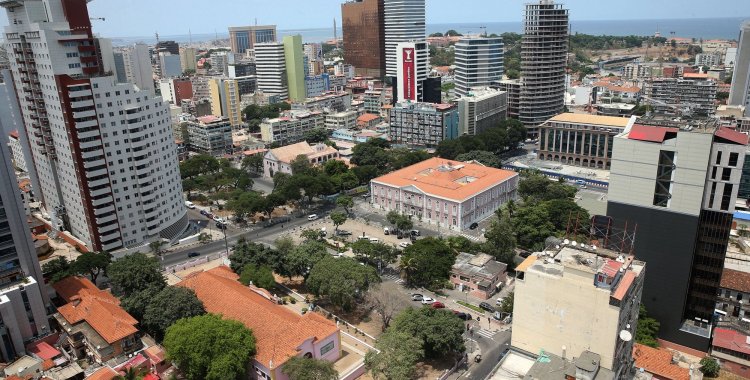"The costs of servicing LDC debt have soared, with more complex debt structures since the beginning of this century, and inefficient maturity schedules," experts say in this year's report on this issue. group of 46 countries that includes Portuguese-speaking Angola, Guinea-Bissau, Mozambique, São Tomé and Príncipe and Timor-Leste.
The document released in Geneva, entitled Financing for Crisis Resilient Development, points out that "since 2018 the LDCs have spent more money servicing the external debt than on education", and adds that "spending on debt servicing external expenditure increased from an amount corresponding to one third of health spending between 2009 and 2011, to three quarters between 2018 and 2020", a period during which 11 countries spent more on debt service than on education and health combined, a development which had never happened in any LDC before 2018.
Stressing that "the debt crisis is imminent and is at the level of the magnitude witnessed in the 1990s, when the Heavily Indebted Poor Countries Initiative was implemented", UNCTAD points out in the report that interest rates are also higher for these countries and that all debt sustainability indicators have worsened in recent years.
"Over-indebted LDCs need an immediate injection of liquidity to prevent the crisis from degenerating into a socio-economic catastrophe", warns UNCTAD, advising bilateral partners to increase the level of aid through comprehensive debt relief that allows them to cope with the situation and free up resources to increase social spending".
For UNCTAD experts, the solution lies not in increasing the level of loans, but in forgiving debt and making donations, particularly with regard to climate change mitigation and adaptation initiatives, to prevent countries from falling into the "trap of climate debt.”
"Financing needs to be grants, not loans, if LDCs want to avoid the climate debt trap; however, more than a third of climate-related financial flows are delivered through loans, which adds to the already large debt burden", reads the UNCTAD report.
The document released in Geneva, entitled Financing for Crisis Resilient Development, reviews the main difficulties of this group of countries whose citizens receive less than 1088 dollars or less per year, and focuses on the consequences not only of the slowdown in economic growth, but also exposure to climate change, lack of external financing and increased poverty in this group in which 33 of the 46 countries are African, advocating broad involvement of the international community to help these countries.
Among the measures advocated, UNCTAD points to the reform of the international financial architecture, a suspension of debt payments in case of default while negotiations on debt restructuring take place, increased financing through multilateral development banks, greater coordination between creditors, an increase in the mobilization of domestic revenues and an increase in the degree of intervention of central banks in climate policies, namely through the analysis of climate risks in partner countries and assessing the alignment of the financial system with climate priorities.







